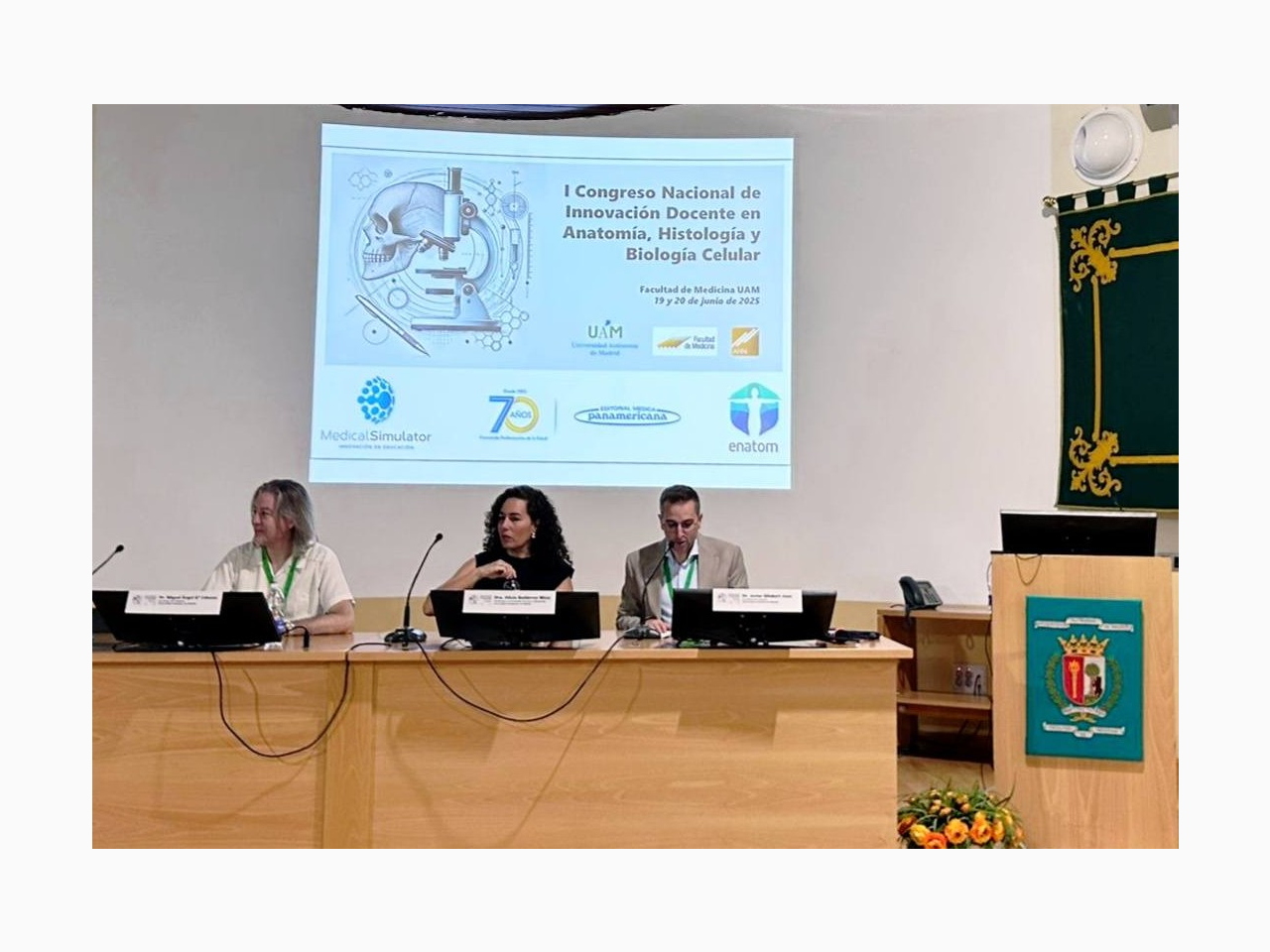Avisos
Cierre de la Biblioteca de Medicina por mejoras en las infraestructuras.
Actualidad

Celebrado el I Congreso Nacional de Innovación Docente en Anatomía, Histología y Biología Celular
Cierre de la Biblioteca de Medicina por mejoras en las infraestructuras.

Celebrado el I Congreso Nacional de Innovación Docente en Anatomía, Histología y Biología Celular